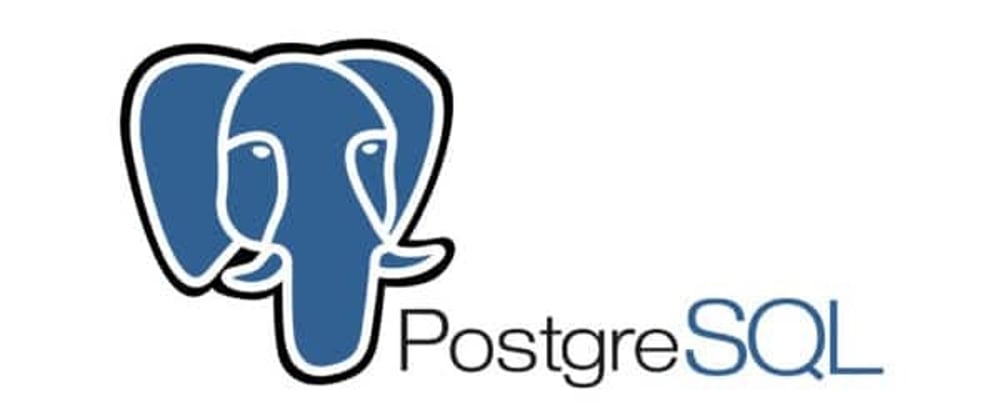When speaking of relational databases, I was only familiar with using mySQL, until recently when I learned about PostgreSQL. Today I am going to talk about what PostgreSQL is, how it differs from mySQL, and how to get started with connecting PostgreSQL using Sequelize.
What is PostgreSQL
PostgreSQL is a relational database management system or (RDBMS), that is used for data storage, retrieval, and management in many applications. It is best known for its scalability, reliability, and features, which include support for complex data types, advanced indexing, and transaction processing.
PostgreSQL provides support for SQL (Structured Query Language), which is a standard language for managing relational databases. There are also several ORM libraries available for PostgreSQL, such as SQLAlchemy, Django ORM, and Sequelize, which let developers work with PostgreSQL databases in an object-oriented manner.
Main Features
Let's talk about some of the main features of PostgreSQL and what it has to offer.
ACID Compliance: PostgreSQL is ACID compliant, meaning that it ensures the atomicity, consistency, isolation, and durability of transactions.
Extensibility: lets users add new data types, operators, functions, and programming languages.
JSON Support: it has built-in support for JSON data types and provides a set of operators and functions for working with JSON data.
Concurrency control: uses a multi-version concurrency control (MVCC) system that allows multiple transactions to access the same data simultaneously without locking the database.
Security: includes a security model with features such as SSL/TLS encryption, role-based access control, and row-level security.
Indexing: provides a range of indexing options, including B-tree, hash, GiST, SP-GiST, GIN, and BRIN indexes.
Scalability: PostgreSQL can handle very large databases and support high transaction rates. It can also be used in clustered environments for horizontal scaling.
Difference between PostgreSQL & mySQL
MySQL and PostgreSQL are probably the most popular relational database management systems and do have some similarities. Here I take a look and see how they differ from each other. Here are some key differences between the two:
Data Type Support: PostgreSQL supports a wider range of complex data types such as arrays, and JSON, while MySQL has a more limited set of data types.
ACID Compliance: Both databases are ACID-compliant, but PostgreSQL is more strict in its adherence to the principles of acid compliance.
Performance: In general, MySQL is considered faster and more scalable for simple queries, while PostgreSQL is better suited for complex queries and data analysis.
Community: Both databases have large and active communities, but MySQL has a more widespread adoption in the web development community, while PostgreSQL is often preferred by enterprises and data analysts.
How to connect to PostgreSQL using Sequelize
For this example, I will show you how to connect using Sequelize. Once you import the module, you can create a new Sequelize instance and pass in the connection options.
const { Sequelize } = require('sequelize');
const sequelize = new Sequelize({
dialect: 'postgres',
host: 'your_host',
port: 'your_port',
database: 'your_database',
username: 'your_username',
password: 'your_password'
});
Test your connection by calling the authenticate() method on the Sequelize instance. Look at the example below.
sequelize.authenticate()
.then(() => console.log('You connected successfully.'))
.catch((error) => console.error('Unable to connect', error));
Conclusion
PostgreSQL is a popular choice for many types of applications, from small projects to large enterprise systems, due to its flexibility and extensibility. In the end, you should ultimately choose the database that best fits your needs, but if you are looking for a relational database that can handle complex data types, look into PostgreSQL.
Sources
https://en.wikipedia.org/wiki/PostgreSQL
https://www.postgresql.org/







Top comments (0)